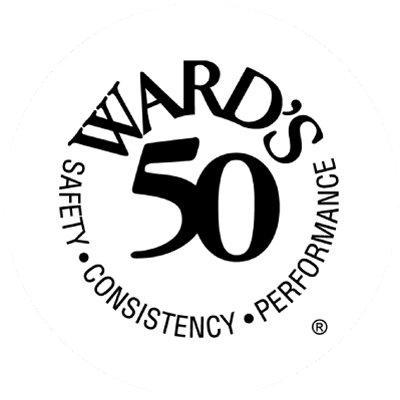The first week of December is National Hand Washing Awareness Week, and good hand hygiene is an easy way to prevent a variety of diseases. Handwashing doesn’t have to be a labor-intensive procedure, but soap, water and less than half a minute of your time goes a long way to preventing the spread of many common yet debilitating diseases such as colds, the flu, and even more serious illnesses.
Some statistics from the CDC help to bring home the importance of handwashing:
- Handwashing can prevent about 20% of respiratory infections (such as colds, bronchitis, pneumonia).
- A large percentage of foodborne disease outbreaks are spread by contaminated hands. Appropriate hand washing practices can reduce the risk of foodborne illness and other infections.
First, how should you wash your hands?
- Wet your hands with clean, running water (warm or cold), turn off the tap, and apply soap.
- Lather your hands by rubbing them together with the soap. Be sure to lather the backs of your hands, between your fingers, and under your nails.
- Scrub your hands for at least 20 seconds. Need a timer? Hum the “Happy Birthday” song from beginning to end twice.
- Rinse your hands well under clean, running water.
- Dry your hands using a clean towel or air dry them.
Why are our hands such “hot spots” for germs and the spread of disease?
- People frequently touch their eyes, nose, and mouth without even realizing it. Germs can get into the body through the eyes, nose and mouth and make us sick.
- Germs from unwashed hands can get into foods and drinks while people prepare or consume them. Germs can multiply in some types of foods or drinks, under certain conditions, and make people sick.
- Germs from unwashed hands can be transferred to other objects, like handrails, tabletops, or toys, and then transferred to another person’s hands.
When should you wash your hands?
- Before, during, and after preparing food
- Before eating food
- Before and after caring for someone who is sick
- Before and after treating a cut or wound
- After using the restroom
- After changing diapers
- After blowing your nose, coughing, or sneezing
- After touching garbage
- Make it a point to wash your hands several times a day


